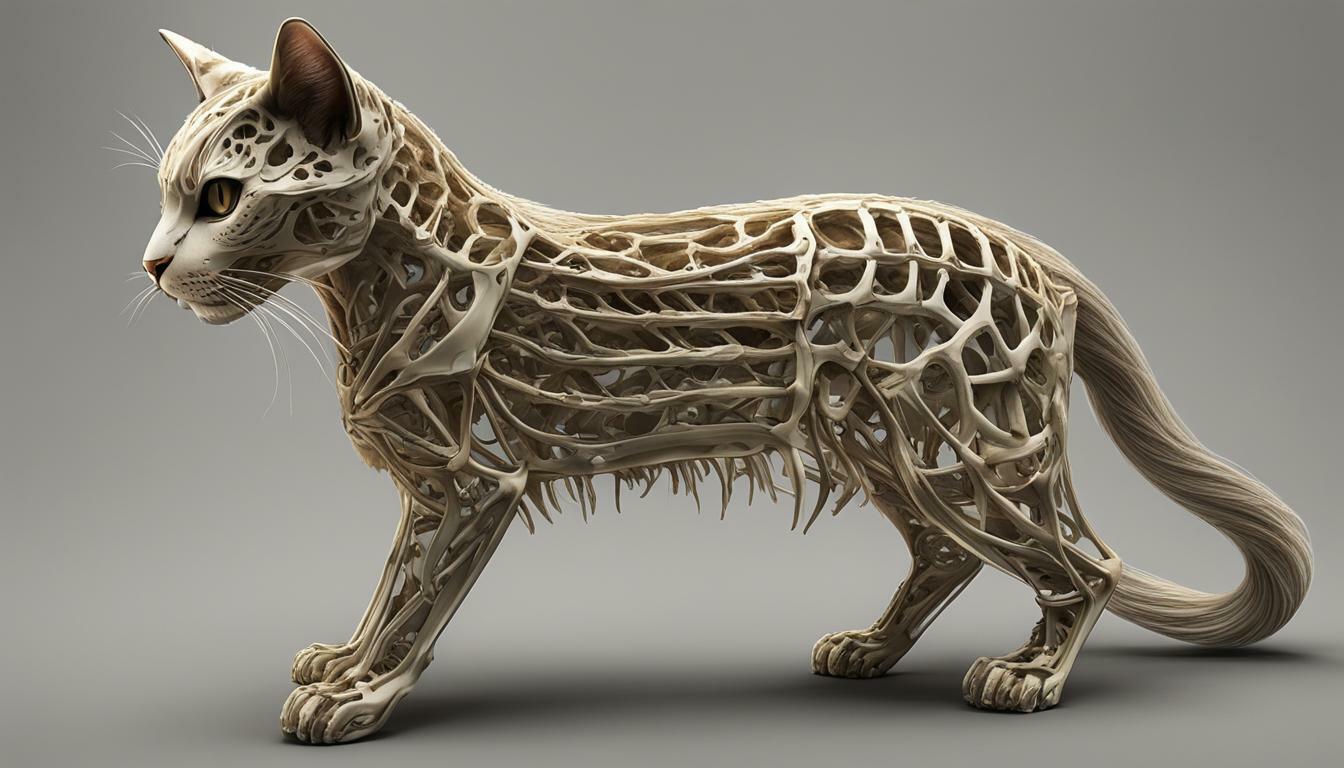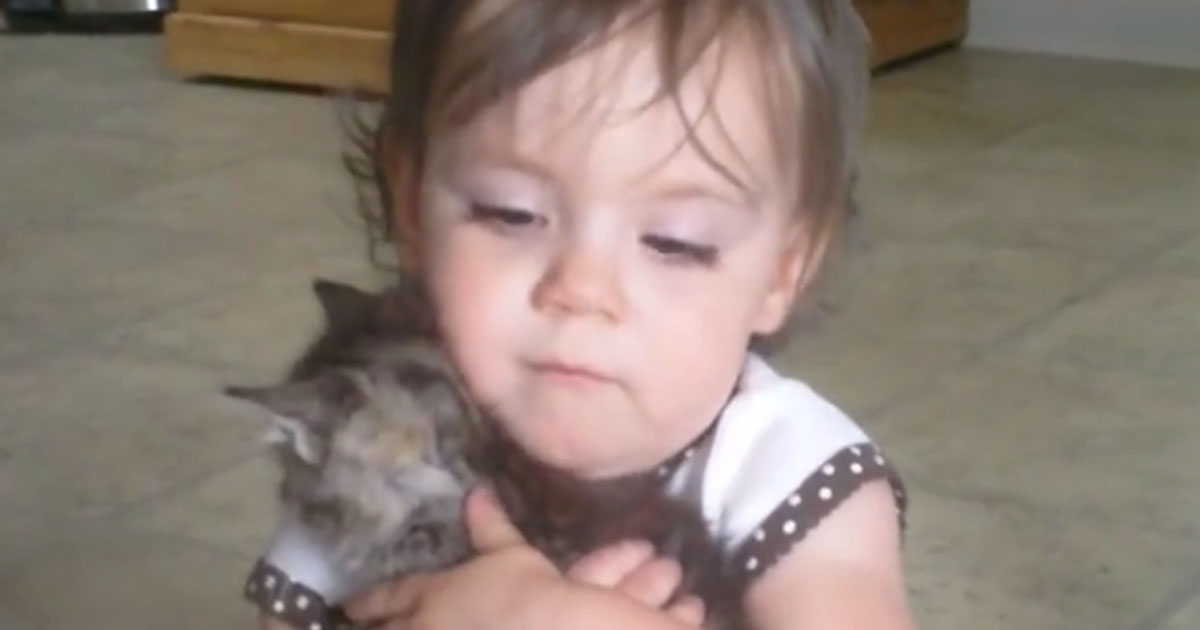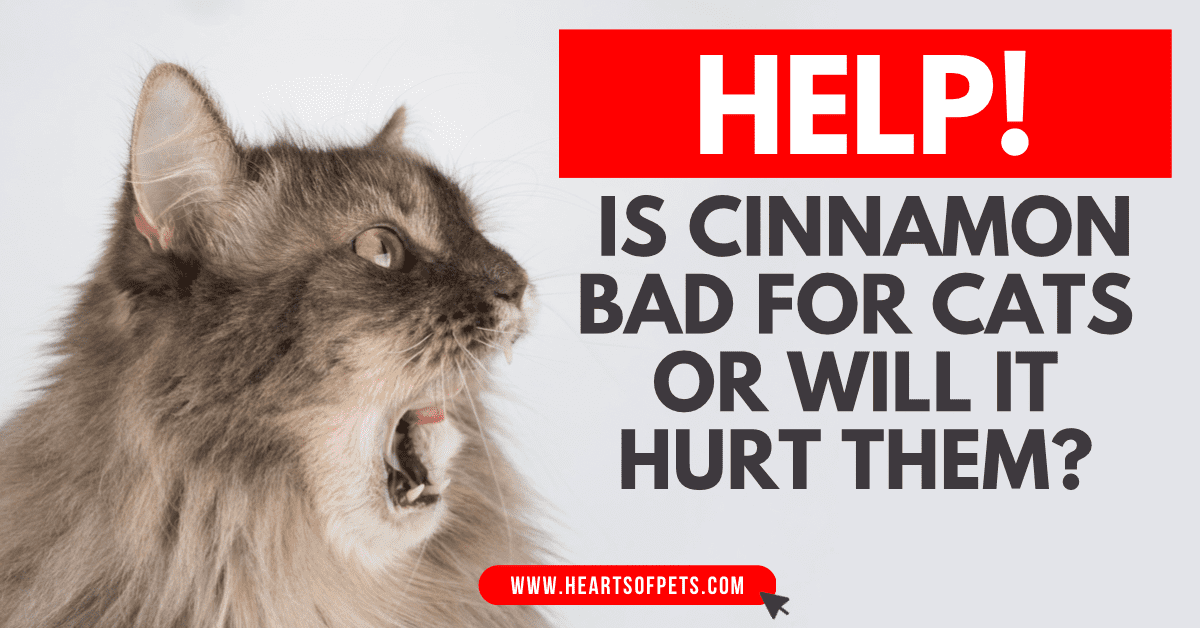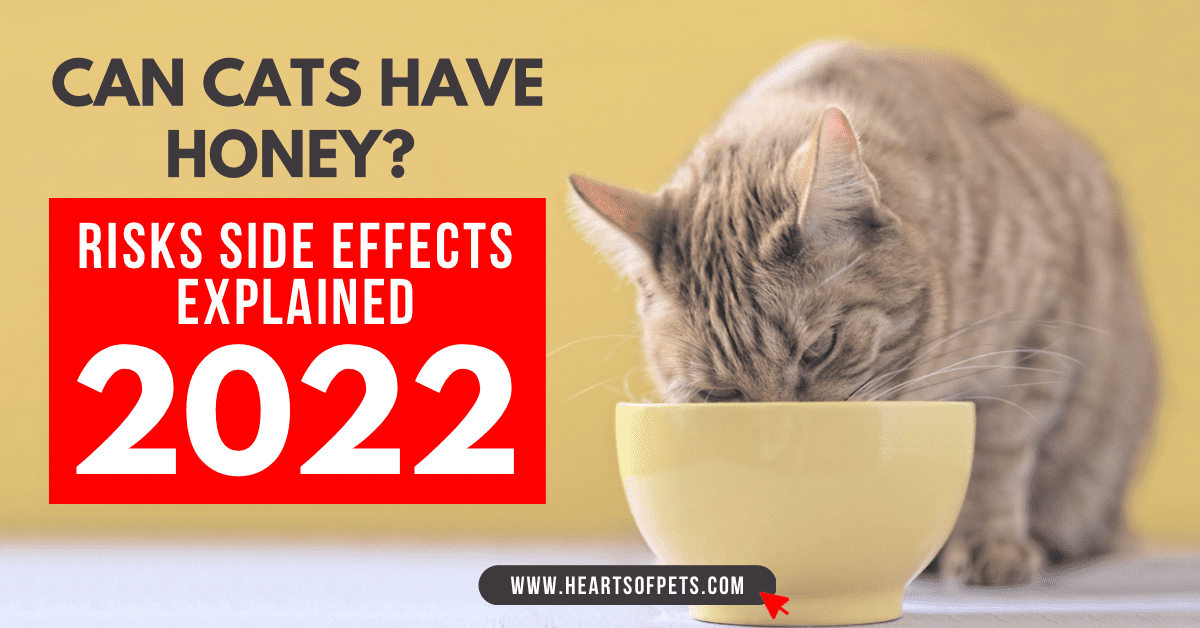Welcome to my blog post where we’ll discuss one of the most common questions among cat owners: Can cats eat sugar? As a responsible pet owner, it’s important to understand the potential risks associated with allowing our feline friends to consume sugar. While cats are not able to taste sweetness like humans do, there are still considerations we need to keep in mind when it comes to their diet and overall health.
Cats are obligate carnivores, which means their bodies are designed to primarily rely on meat for their nutritional needs. Sugar, on the other hand, does not provide any essential nutrients for cats and can potentially lead to various health problems.
While sugar itself is not toxic to cats, excessive consumption can cause gastrointestinal issues, weight gain, and contribute to the development of health conditions such as diabetes. Additionally, many sweets and candies may contain toxic ingredients like xylitol and chocolate, which can be extremely dangerous for cats if ingested.
As responsible pet owners, it is crucial to prioritize our cats’ well-being by keeping sweets and candies out of their reach and instead providing them with a balanced diet that meets their nutritional requirements. In this blog post, we will delve into the potential risks associated with cats consuming sugar and explore safer alternatives to satisfy their occasional treat cravings.
Can Cats Eat Sugar? Yes, they can. But it is not advisable.
- Cats are obligate carnivores and primarily rely on meat for their nutritional needs.
- Sugar is not recommended for cats as it can cause gastrointestinal issues and weight gain.
- Toxic ingredients like xylitol and chocolate present in sweets and candies can be extremely dangerous for cats.
- It is important to keep sweets out of a cat’s reach and seek immediate veterinary help if a cat ingests something toxic.
- Provide your cat with healthier treat options like small pieces of cooked meat or specially formulated cat treats.
Can Cats Digest Sugar?
When it comes to digesting sugar, cats don’t have the same ability as humans do. Due to their natural diet being primarily meat-based, cats do not efficiently digest sugar. While they can tolerate small amounts of carbohydrates in their diet, excessive sugar consumption can cause digestive issues.
Too much sugar can lead to symptoms like vomiting, diarrhea, and discomfort in cats. It is important to note that cats lack the necessary enzymes to break down sugar effectively. Consequently, the undigested sugar can ferment in their digestive system, causing discomfort and potentially leading to more serious health issues.
In the long run, excessive sugar consumption can contribute to weight gain, diabetes, tooth problems, and other health issues in cats. Cats are obligate carnivores and rely on meat for their nutritional needs. Adding sugar to their diet can disrupt their natural balance.
While cats may have a curious nature and may be attracted to sweet foods, it is vital to keep them away from sugary treats and candies. Instead, it is recommended to provide cats with a balanced diet that meets their specific nutritional requirements.
Providing a diet focused on their natural dietary needs is the best way to ensure their overall health and well-being. If you have concerns about your cat’s diet or suspect they have consumed a significant amount of sugar, it is always best to consult with a veterinarian for proper guidance and advice.
Which Sweets Are Toxic to Cats?
While sugar itself is not toxic to cats, many other ingredients commonly found in sweets and candies are toxic. It is essential to be aware of the harmful effects these ingredients can have on our feline friends.
Xylitol and other artificial sweeteners pose a significant danger to cats. Even small amounts can cause stomach upset, liver damage, and drops in blood sugar levels. It’s important to note that xylitol is commonly found in sugar-free candies and gums, so it’s crucial to read ingredient labels carefully.
Chocolate is highly toxic to cats. Theobromine and caffeine, both present in chocolate, can cause a range of symptoms from mild upset stomach to severe muscle tremors, seizures, and even death. It is crucial to keep all chocolate products far away from cats.
Additionally, raisins and grapes should be avoided by cats, as they can lead to kidney failure. Even small amounts can have severe consequences, so it is best to keep these fruits out of reach.
Caffeine is another dangerous ingredient found in some sweets. It can have similar effects to chocolate ingestion, including stomach upset, rapid breathing, heart palpitations, muscle tremors, and seizures. Ensure that all caffeinated products are securely stored where cats cannot access them.
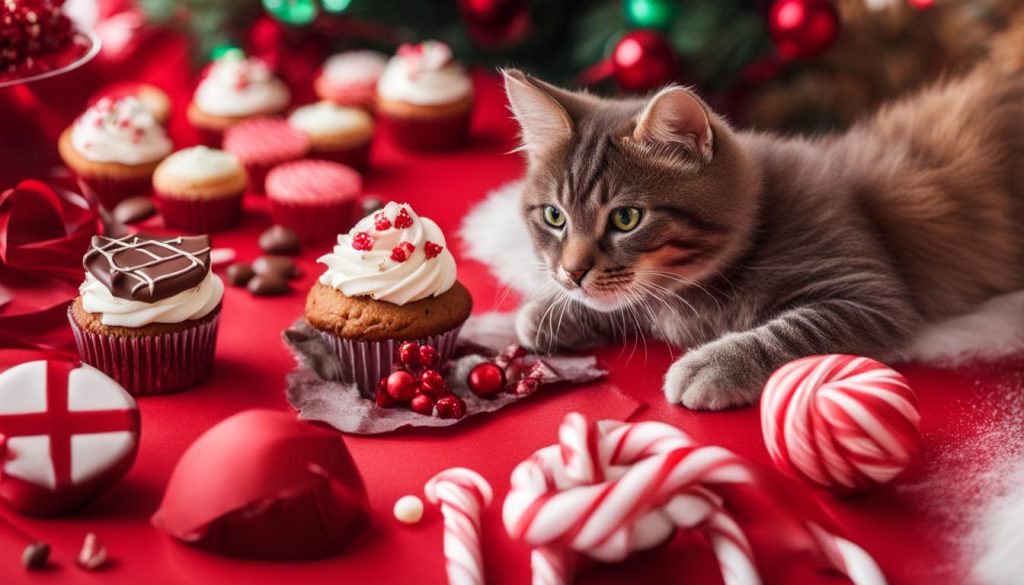
How to Keep Your Kitty Safe
To keep cats safe from the dangers of consuming sweets, it is important to take preventive measures. Store sweets and candies in secure containers or in high places where cats cannot access them. Ensure that the trash can is secure to prevent cats from rummaging through it. Educate household members, especially children, about the dangers of giving candy or sweet treats to cats and provide them with alternative, healthy treat options specifically designed for cats. If a cat ingests a toxic sweet, it is crucial to contact a veterinarian immediately or call the ASPCA Animal Poison Control line for guidance.
What’s Better for Cats Than Eating Candy?
When it comes to treating our feline friends, candy and sweets are not the best options. Instead, there are plenty of healthier alternatives that can satisfy their cravings without compromising their health. One option is to offer small pieces of cooked chicken or turkey as an occasional treat. Cats love the taste and texture of meat, and it provides them with essential proteins. Another option is to explore the wide variety of gourmet treats specifically designed for cats. These can be found in local pet boutiques, offering a range of flavors and textures that are both delicious and nutritious.
It’s also important to remember that sticking to a cat’s regular high-quality cat food is always a safe choice. These foods are formulated to meet all of a cat’s nutritional needs, ensuring they receive the right balance of proteins, fats, and carbohydrates. By providing a well-rounded diet, you can ensure that your cat remains healthy and satisfied.
However, it’s essential to remember that treats should be given in moderation. Even though they are a tasty indulgence, excessive treats can lead to weight gain and other health issues. Always consult with your veterinarian to determine the appropriate amount of treats for your cat based on their specific dietary needs.

Can Cats Drink Syrup? Health Precautions & Risks
Syrup is not toxic to cats, but it provides little to no nutritional value for them. Cats are obligate carnivores and require animal proteins for their dietary needs. Syrup contains high sugar content, which can lead to feline diabetes, pancreatitis, gastrointestinal issues, and obesity. It is not recommended to feed cats syrup as it offers no health benefits and can be potentially harmful to their well-being.
If you’re wondering whether cats can have syrup, the answer is quite simple—cats can technically consume syrup, but it’s not recommended.
As obligate carnivores, cats have specific dietary requirements that are best met through a balanced meat-based diet. Syrup does not provide any essential nutrients or contribute to their overall health and well-being. In fact, the high sugar content in syrup can have detrimental effects on a cat’s health.
Excessive sugar consumption can lead to feline diabetes, pancreatitis, gastrointestinal issues, and obesity. Cats’ digestive systems are not designed to process large amounts of sugar, making them prone to developing these health problems when exposed to syrup. Additionally, the empty calories found in syrup can contribute to weight gain, further exacerbating the risk of obesity-related complications in cats.
Due to these risks, it is best to avoid giving syrup to cats altogether. Instead, focus on providing them with a balanced diet that consists of high-quality animal proteins. If you’re looking for ways to treat your feline companion, there are cat-friendly treats available that are specifically formulated to meet their nutritional needs. These treats provide a safe alternative to syrup and can be a healthy addition to their diet.
Remember, as a responsible pet owner, it’s crucial to prioritize the health and well-being of your cat by making informed dietary choices. While a taste of syrup may seem harmless, the long-term effects can be detrimental to their overall health and happiness.
Conclusion
While cats can technically consume sugar, it is not advisable due to the various health risks involved. Cats are obligate carnivores, and their limited taste bud receptors for sweetness indicate that sugar does not form a part of their natural diet. Excessive sugar consumption can lead to gastrointestinal issues, including vomiting and diarrhea, as well as weight gain and the increased likelihood of developing diabetes.
It is crucial to keep cats away from toxic sweets and candies that may contain harmful ingredients such as xylitol and chocolate. These substances can cause severe health problems for cats, including liver damage and even death. To ensure the overall well-being of our feline friends, it is recommended to provide them with alternative treats, such as small pieces of cooked meat or high-quality cat treats specifically formulated for their dietary needs.
When making dietary choices for cats, prioritizing their health and focusing on their natural carnivorous needs is essential. Avoiding sugar and offering appropriate, balanced nutrition can contribute to their long-term well-being and reduce the risk of developing preventable health conditions. By considering their unique dietary requirements, we can help ensure that our beloved cats live happy and healthy lives.
FAQ
Can cats taste sweetness?
Cats cannot taste sweetness due to their limited taste buds.
Are cats able to digest sugar?
Cats do not efficiently digest sugar due to their natural diet being primarily meat-based.
Which sweets are toxic to cats?
Xylitol, chocolate, raisins, grapes, and caffeine are toxic to cats and should be avoided.
How can I keep my cat safe from eating sweets?
Store sweets and candies in secure containers or high places, secure the trash can, and educate household members about the dangers of giving candy to cats.
What are some healthier treat options for cats?
Small pieces of cooked chicken or turkey, gourmet treats designed for cats, and high-quality cat food are good alternatives to candy.
Can cats drink syrup?
While syrup is not toxic to cats, it provides little to no nutritional value and can be potentially harmful to their well-being.
What is the overall risk of giving cats sugar?
Excessive sugar consumption can lead to various health issues in cats, including weight gain, diabetes, and gastrointestinal problems.


